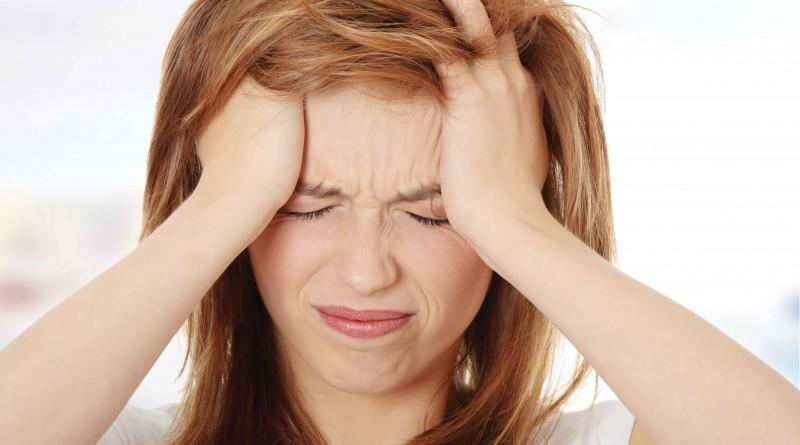
Among the latter, which can be used as such but also during therapies : relaxation, mindfulness meditation what is called Mindfullness that I use in gestalt psychotherapy of object relations (PGRO ) and cardiac coherence.
It should be noted that the most effective stress management methods are effective only on stress, and not on other disorders that can be mistaken for stress; They are not sufficient to treat some severe anxiety disorders, and are useless or even discouraged for some of them, as well as in major depressive episodes.
They should in no way replace the medical treatment of physical problems. They may, in agreement with the doctor, be used in addition to the medical treatment of chronic pain or serious illness. They focus on how to live stress. In some cases – where possible – it is much simpler to treat the cause of stress than to manage the stress caused by this cause.
It is important to be clear about stress management before moving on to one of the methods.
Stress is the body’s response to physical or emotional demands. Emotional stress can play a role in causing depression or be a symptom of it. Experiencing a stressful situation can trigger a depressive episode, and being depressed can make it more difficult to deal with stress.
High stress levels from events such as losing a job or the end of a relationship can lead to depression. However, not everyone who is dealing with these situations becomes depressed. There are possible biological factors behind why one person facing a stressful circumstance ends up depressed while another doesn’t.

Loss of a family member, divorce, and moving are just a few life changes that can cause stress. Some studies link an overactive stress system and high levels of cortisol in the body to depression and other serious health conditions. When the mind perceives a threat, the body produces higher levels of stress hormones—such as cortisol—to help the body fight or run away from the threat. This works well for people in real danger, but is not as beneficial for everyday life.
Sometimes the never-ending stresses of modern life cause a constant fight or flight response. This can lead to many medical complications, including depression. In other cases, development of depression is unrelated to stress. Unfortunately, people dealing with depression don’t stop experiencing life’s events. Big and small stresses still occur, but depressed people might not be as equipped to deal with them. This can make depression and the stressful situation even worse.
Stress management techniques are useful in combating depression. And stress relief can help prevent depression from developing. Getting enough sleep, eating a healthy diet, and getting regular exercise can all help manage stress. Some people find activities such as yoga, meditating, or attending religious services help with stress. It’s important to find what works for you. And no matter what you choose, it is vital to have a circle friends and family to support you.
Talking to a mental health professional can also be a useful way to deal with stress and depression. Talk therapy alone or combined with medication is a proven solution for both depression and chronic stress.
When a person is dealing with depression, things may seem more negative than they really are. Events that would have been taken in stride may seem more problematic or impossible to handle. The idea of taking action on things may require more of a person’s resources, resources that are already compromised due to the depression.”
Talk to your doctor about pharmacological options, or go talk to a counselor about evaluating and managing your symptoms. Don’t wait. Being proactive is important so you can maybe stop the downward slide sooner. It’s easier to climb out of a shallow hole than one you have been slowly digging and tunneling into for several months.